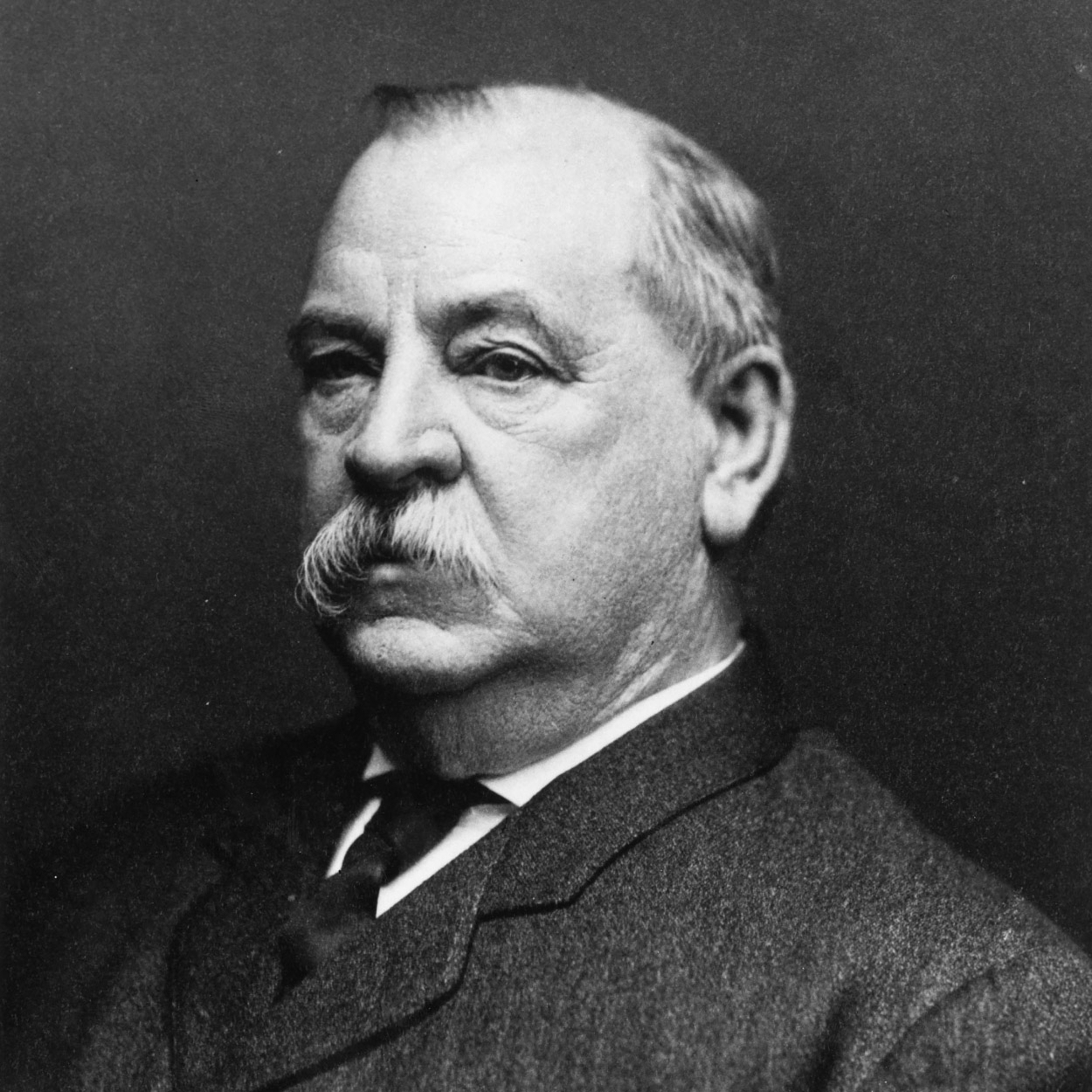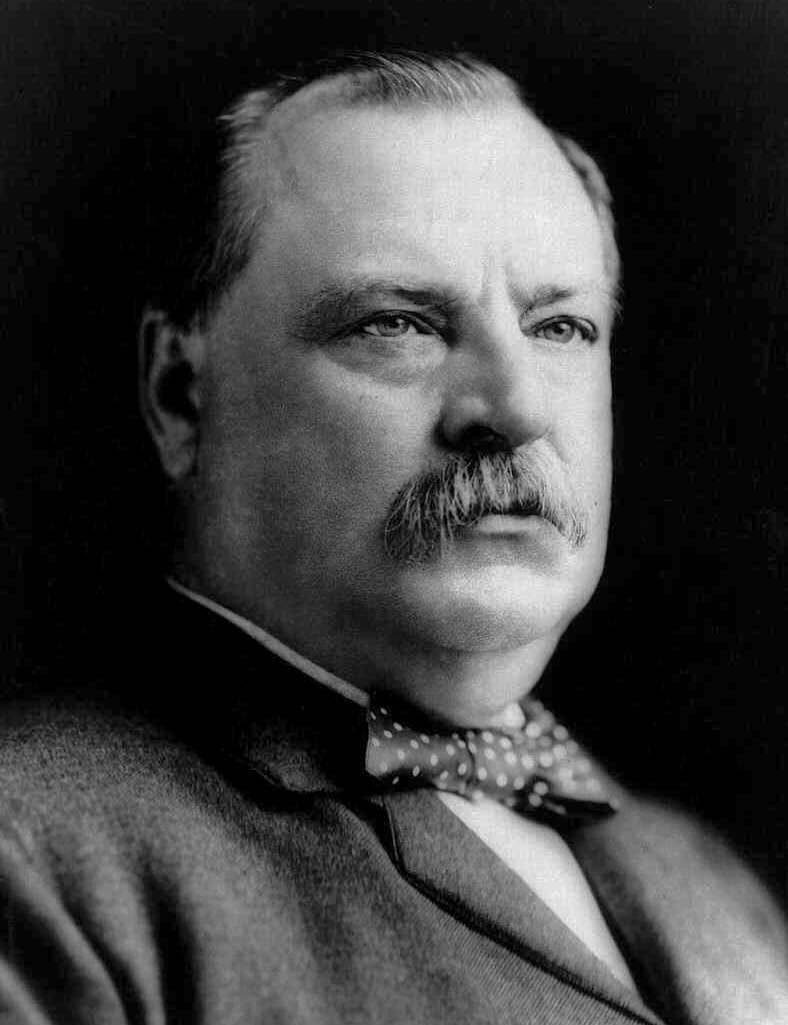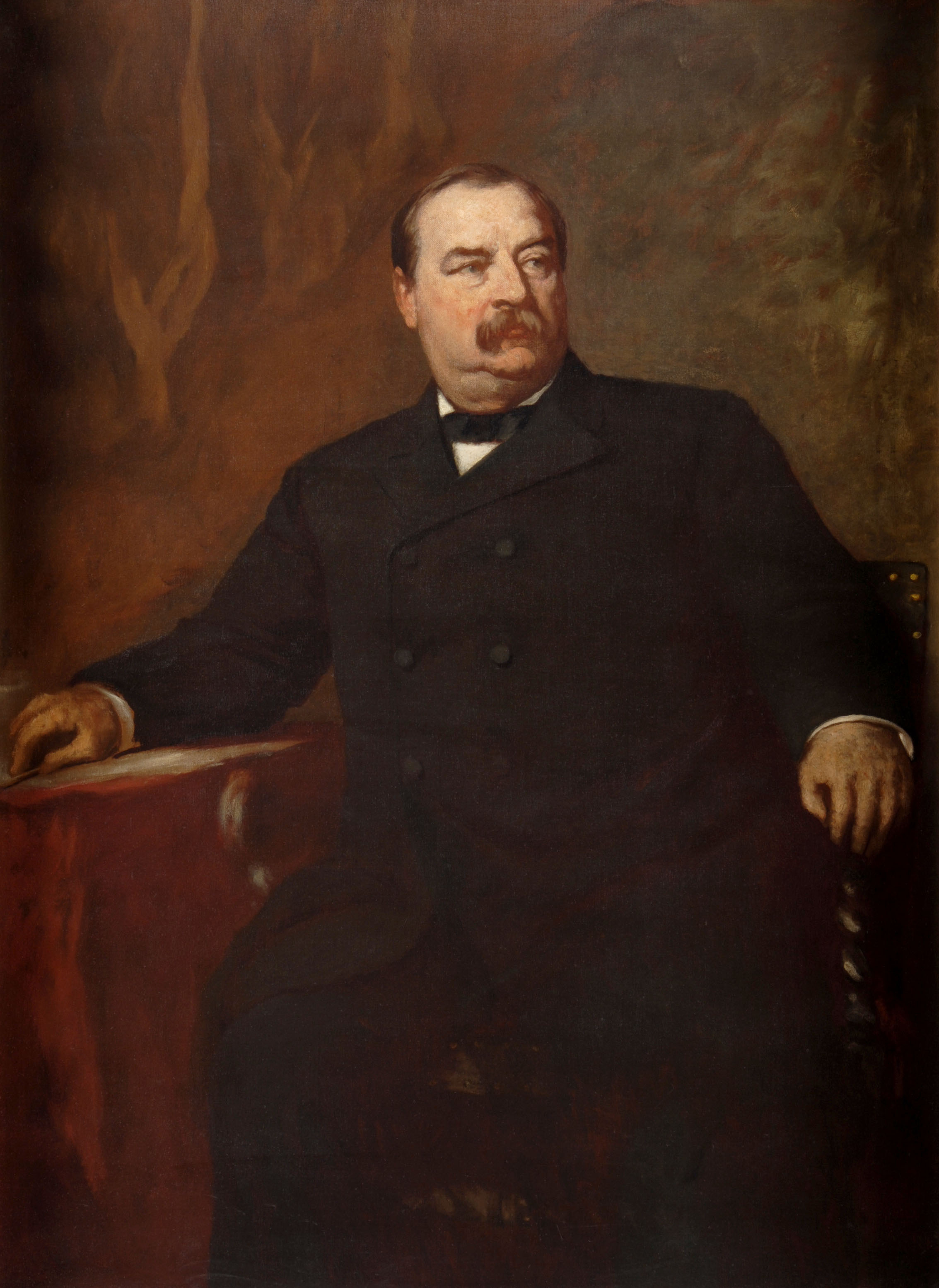
When you think of U.S. presidents, iconic names such as George Washington, Abraham Lincoln, and Franklin D. Roosevelt often come to mind. However, have you ever taken a moment to reflect on the intriguing figure of Grover Cleveland? He stands out in American history not only for being the only president to serve two non-consecutive terms but also for his distinctive approach to governance during a particularly turbulent period in the nation’s development. Cleveland’s presidency spanned the late 19th century, a time marked by economic upheaval, social change, and political corruption. His commitment to reform and integrity set him apart from many of his contemporaries. Let’s explore the life, challenges, and enduring legacy of this remarkable man, whose contributions to American politics continue to resonate today. From his early years to his presidency, Cleveland’s story is one of resilience, determination, and a steadfast belief in the principles of democracy.
Early Life: The Making of a Leader

Born into Challenge
Grover Cleveland entered the world on March 18, 1837, in the small town of Caldwell, New Jersey. His upbringing was marked by both promise and adversity, as he faced significant challenges early in life. When he was just 16 years old, tragedy struck the Cleveland family with the untimely death of his father, a dedicated Presbyterian minister. This profound loss not only shattered the family’s emotional foundation but also placed an immense burden on young Grover. He was compelled to leave his studies behind and step into the role of provider for his family. One can only imagine the heavy weight of responsibility that rested on his shoulders at such a tender age, shaping his character and resilience.
Legal Beginnings
After navigating the hardships of his youth, Cleveland found work as a clerk in a law firm, where he honed his skills and developed a keen understanding of the legal system. His dedication and hard work paid off when he was admitted to the bar in 1859. With a newfound sense of purpose, he soon ventured into the political landscape as a member of the Democratic Party. Cleveland’s early political career was characterized by a steadfast commitment to principles of honesty and integrity, qualities that would come to define his time in office. His determination to uphold these values in a tumultuous political environment set him apart and laid the groundwork for his future successes.
Political Rise: From Local to National Fame

Buffalo’s Veto Mayor
In the year 1881, a significant political shift occurred when Cleveland was elected as the mayor of Buffalo, New York. His time in office was marked by a strong commitment to fiscal responsibility, which ultimately earned him the moniker of the “Veto Mayor.” This nickname stemmed from his consistent practice of rejecting proposals that he deemed to be wasteful or unnecessary expenditures. Cleveland’s vigilant approach to managing the city’s finances resonated with the public and helped him build a solid reputation as a leader who prioritized the welfare of taxpayers. His dedication to prudent governance not only solidified his standing in Buffalo but also laid the groundwork for his future political endeavors.
Governor of New York
By 1882, Cleveland’s political career took another significant leap forward when he ascended to the position of governor of New York. His tenure as governor was characterized by a fierce and unwavering opposition to the notorious Tammany Hall political machine, which was infamous for its corruption and unethical practices. Cleveland’s principled stance against such corruption propelled him into the national spotlight, as he became a symbol of integrity and reform in an era plagued by political scandals and dishonesty. His leadership style and commitment to clean governance made him a refreshing figure in American politics, garnering respect and admiration from citizens who longed for transparency and accountability in their leaders.
The Presidential Campaigns

1884: The Clean Candidate
The 1884 presidential election marked a significant turning point in American political history, with Grover Cleveland representing the Democratic Party as its nominee. He faced off against the Republican candidate, James G. Blaine, whose reputation was marred by allegations of corruption and dishonesty. In stark contrast, Cleveland cultivated an image of a clean and principled politician, which resonated deeply with the electorate. This election was not just about party lines; it was a battle for the soul of American politics, highlighting the public’s growing demand for integrity and transparency in their leaders.
Scandals and Resilience
As the campaign unfolded, Cleveland found himself embroiled in controversy when allegations surfaced claiming he had fathered an illegitimate child. Rather than retreating or attempting to deflect the accusations, Cleveland took a bold stance by addressing the issue directly. He urged his supporters to “tell the truth,” a message that showcased his commitment to honesty and accountability. This forthrightness struck a chord with voters, who appreciated his willingness to confront difficult issues rather than evade them. Cleveland’s resilience in the face of scandal only served to bolster his image as a trustworthy candidate.
Winning the Election
In the end, despite the swirling controversies and challenges he faced, Cleveland emerged victorious in the election, winning by a narrow margin. His triumph was not merely a reflection of political strategy but rather a clear indication of the electorate’s yearning for a leader who embodied integrity and ethical governance. Cleveland’s victory underscored a pivotal moment in American politics, as it demonstrated that voters were willing to prioritize character and honesty over party affiliation or scandal, setting a precedent for future elections.
Presidency: A Mixed Legacy

First Term Achievements
During his first term (1885-1889), Cleveland focused on reducing corruption and waste. He vetoed hundreds of pension bills and nullified fraudulent land grants. His actions earned him respect from citizens who valued honesty.
Key Legislation
| Year | Legislation | Description |
|---|---|---|
| 1887 | Interstate Commerce Act | Established the Interstate Commerce Commission to regulate railroads. |
| 1887 | Dawes General Allotment Act | Redistributed Native American land to individual tribe members. |
Second Term Struggles
After losing the 1888 election to Benjamin Harrison, Cleveland returned to the presidency in 1893. However, his second term was marred by the Panic of 1893, the worst economic depression the nation had faced up to that point.
Public Discontent
His steadfast refusal to expand government intervention during the crisis led to a decline in public support. Many felt he was out of touch with the struggles of ordinary Americans.
Personal Life: A Love Story

Marriage to Frances Folsom
In 1886, Cleveland married Frances Folsom, who was 27 years younger than him. Their marriage was seen as a love match, and Frances became a beloved First Lady. Can you imagine the headlines that must have generated?
Challenges as a Family Man
Despite their apparent happiness, rumors circulated during the 1888 campaign that Cleveland had been abusive. Frances publicly refuted these claims, showcasing her strength and loyalty.
Legacy: The Honest Politician

A Unique Place in History
Grover Cleveland remains a unique figure in American history. His commitment to honesty and integrity set him apart from many of his contemporaries. He’s often remembered as a president who prioritized principle over politics.
Impact on Future Generations
Cleveland’s legacy continues to influence American politics today. His approach to governance serves as a reminder of the importance of integrity in leadership. In a world where political scandals are all too common, his story is a beacon of hope.

In a nutshell, Grover Cleveland was more than just a president; he was a symbol of honesty during a time of corruption. His life story is a reminder that integrity can prevail, even in the most challenging circumstances. So, the next time you hear about a political scandal, think of Cleveland and his unwavering commitment to doing what was right.

